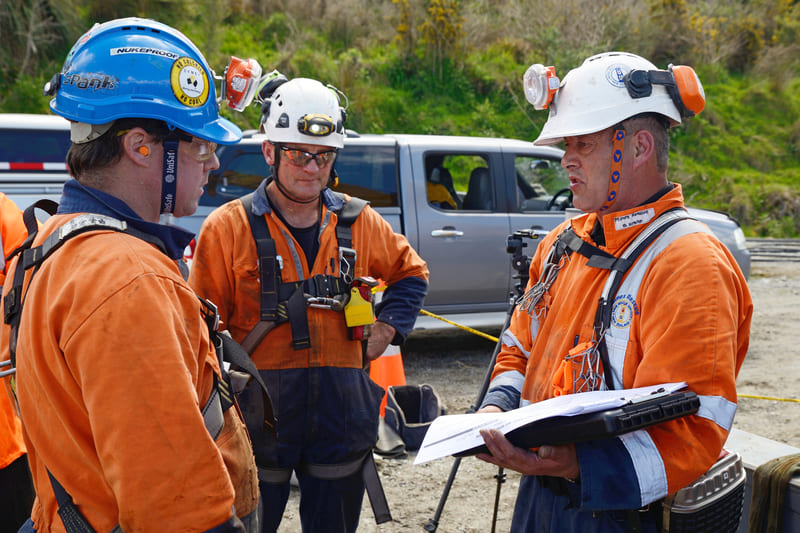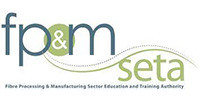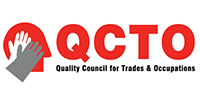In the ever-evolving work environment, the need for a safety officer course qualification has become more important than ever. As corporations and businesses aim to prioritise the well-being and safety of their employees. Safety officers are qualified professionals who have gained and developed skills that are essential in the workplace, however, these skills can also be applied to other areas of life.
This article takes a closer look at the essential skills and qualifications gained from a safety officer course, demonstrating why formal training is indispensable for anyone aspiring to excel in this field.
The Responsibilities Of A Safety Officer
A safety officer is responsible for the safety of employees at the workplace or on a job site, but it’s generally more complex than that. The responsibilities go far beyond only enforcing rules. Safety officers carry an almost endless list of tasks that fall under their jurisdiction which are critical to ensuring a safe working environment.
These tasks may include conducting risk assessments, performing safety audits, and ensuring that all safety protocols are strictly followed at all times. As a safety officer, traits like good communication and leadership are essential. Safety officers need to be able to guide teams, lead staff, impose safety policies constantly, and be quick on their feet in case of emergencies. A comprehensive understanding of these duties is pivotal to being a top safety officer.
Considering the importance of a safety officer and the responsibility that accompanies them, formal qualification and training are essential. A safety officer course from us at EMCARE provides a structured way to obtain the knowledge and skills necessary to not just become a safety officer, but to excel as one. In the course, learners will be taught how to navigate complex safety regulations, how to look out for and manage risk and what to do in emergencies.
The course is made up of ten modules which include: The First Aid Levels 1, 2 & 3 combined, Basic Fire Fighting, a course on legal liability and a SHE Representative course. You will also be trained in risk assessment, accident/incident investigations, how to perform emergency evacuation and how to handle hazardous material.?

Key Skills Developed in a Safety Officer Course
Risk Assessment and Identification
Through the combination of a safety officer course and eventual experience one of the most crucial skills you will develop is the ability to do a thorough risk assessment. While being able to effectively identify potential hazards where others may not notice or anticipate them.
Good safety officers can evaluate the workplace environment and detect risks long before they lead to incidents – as they say, prevention is better than cure. This is a specialised skill that is twofold; it prevents accidents from taking place which keeps employees safe and sound, but it also ensures that the business is protected and won’t be liable for massive fees in liability should an accident occur.
Emergency Preparedness And Response Planning
Another crucial skill of safety officers is preparedness and planning. Being prepared for the unexpected and planning for it is an essential part of being a safety officer. Our safety officer course is designed to equip participants with the knowledge to develop and implement emergency protocols when necessary. This skill is most useful when handling situations like evacuation plans, fire drills, and crisis management strategies. The ability to act swiftly and effectively in an emergency can be the difference between a successful evacuation and a disaster.
Compliance and Regulation Knowledge
A comprehensive understanding of compliance and regulatory frameworks within specific industries is another cornerstone of a safety officer’s capability. Students of the course are taught the intricacies of industry-specific standards and their legal requirements, like those set by the South African Institute of Occupational Safety and Health. This knowledge is essential for ensuring that workplaces not only meet safety regulations but exceed them, thereby reducing the risk of legal issues and enhancing overall safety.
Safety Culture
Implementing a strong safety culture within an organisation can be key to long-term safety success for a safety officer. Our safety officer course delves into the psychology of safety standards, teaching students how to influence behaviour amongst others to promote continuous safe practices between employees. This involves understanding how humans behave and think, how they perceive risk, and other factors that motivate people to prioritise safety in their daily activities.
Communication and Training Skills
Effective communication is an important skill to have for any position in the workplace, level of at the heart of a safety officer’s role. In our safety officer course, students develop the skills needed to communicate safety policies, conduct safety training sessions, and produce clear, concise reports. These skills are critical for educating employees about safety procedures, ensuring that everyone is on the same page, and fostering an environment where safety is a shared responsibility.
Qualifications
When completing a safety officer course at EMCARE, participants will earn a recognised certification that validates their expertise. Individual modules are valid for two years while the SAIOSH Safety Officer certificate has no expiry. Our certificates are highly regarded and can significantly boost credibility and employment opportunities once obtained.
However, it must be noted that safety management, as a field, is continually evolving. As innovations and technologies evolve in various industries, so too will their safety requirements. It can therefore be a good idea to look at regularly undergoing refresher courses to ensure that you stay in the know with new developments and practices. Continuous learning is vital for staying current and maintaining the high standards required for being a safety officer.

EMCARE: Your Safety Course Provider
While there is no doubt that our course is designed to equip people with the skills and qualifications necessary to ensure safety and compliance in the workplace, the value of the skills gained from a safety officer course extends far further than just that. The great thing is that the principles taught can be applied to everyday life, especially in a place where danger is as rife as it is in South Africa.
As one of the fundamental skills gained in our safety officer course, the ability to assess risks, identify potential hazards, and act quickly, when necessary, can prove to be life-saving in dangerous situations. For more info on our courses, do not hesitate to reach out to us with any queries.















